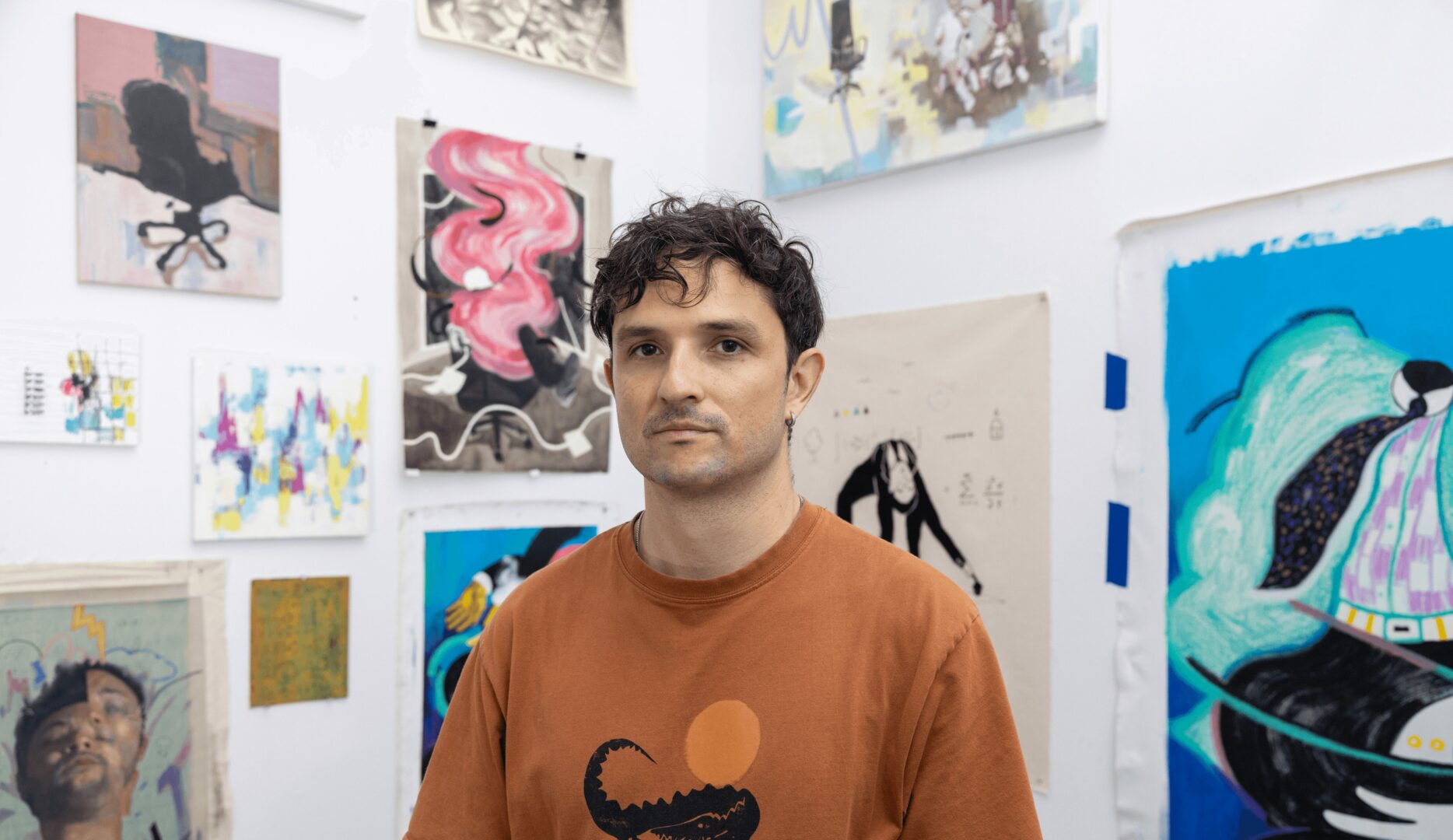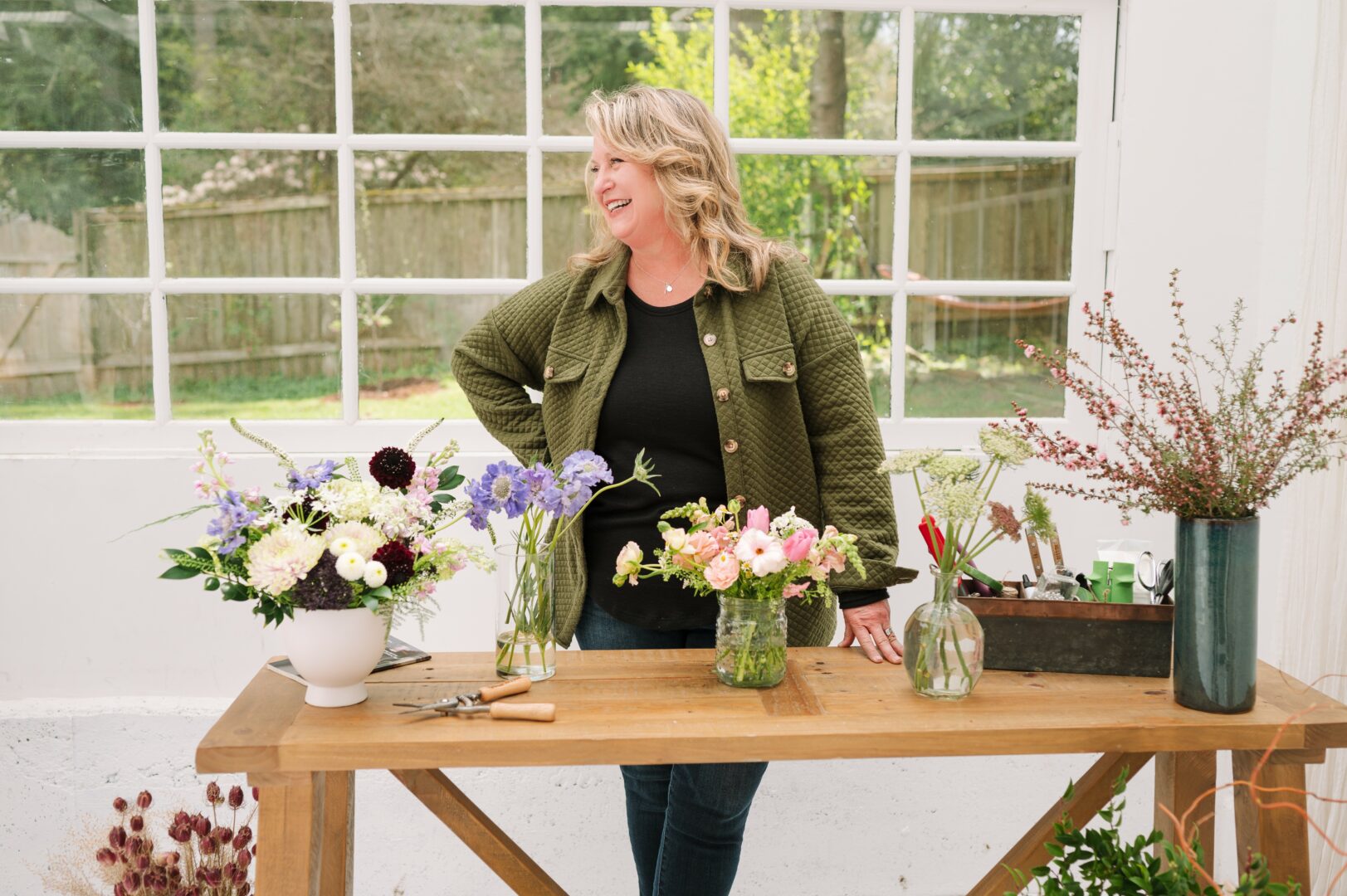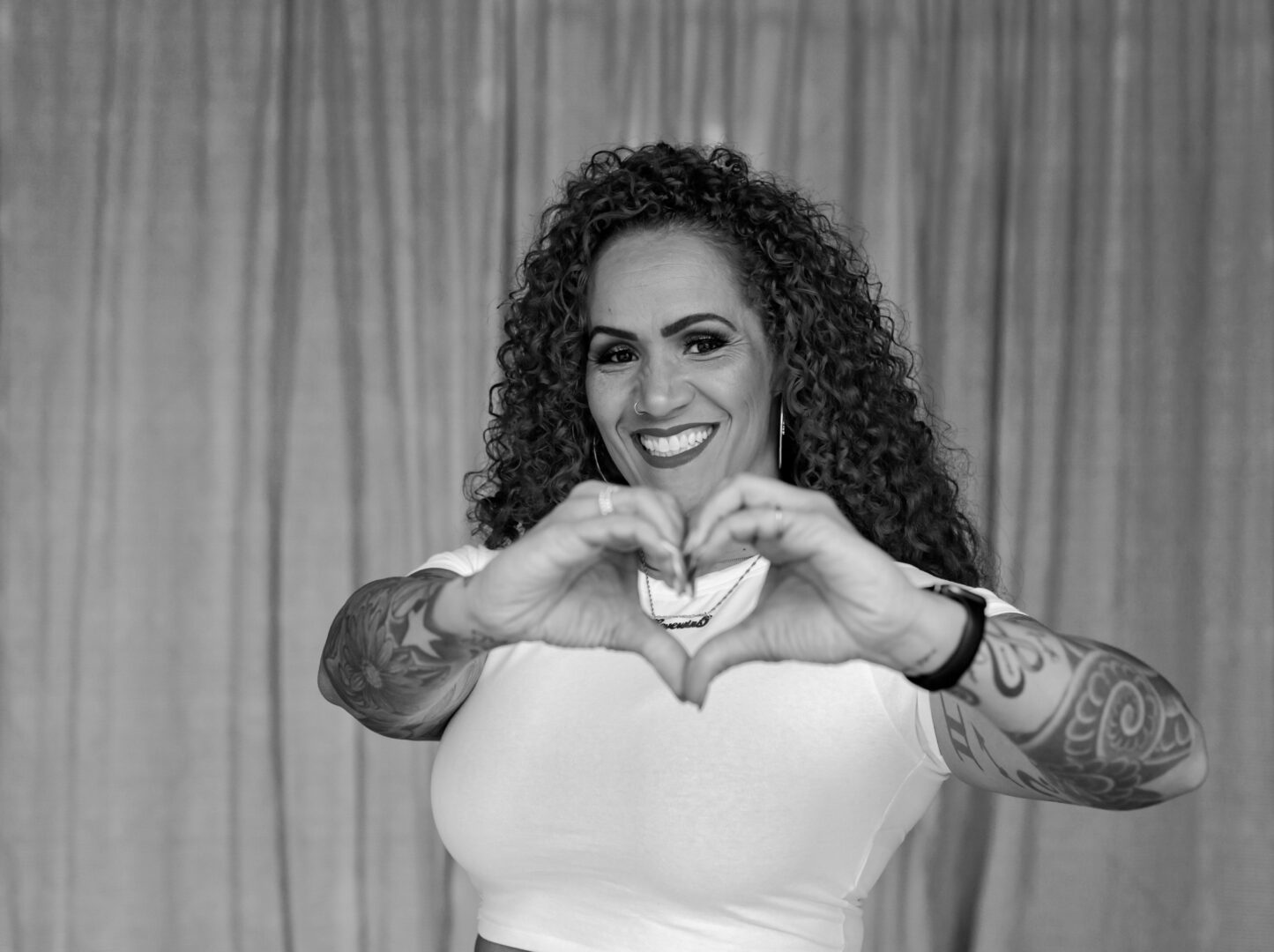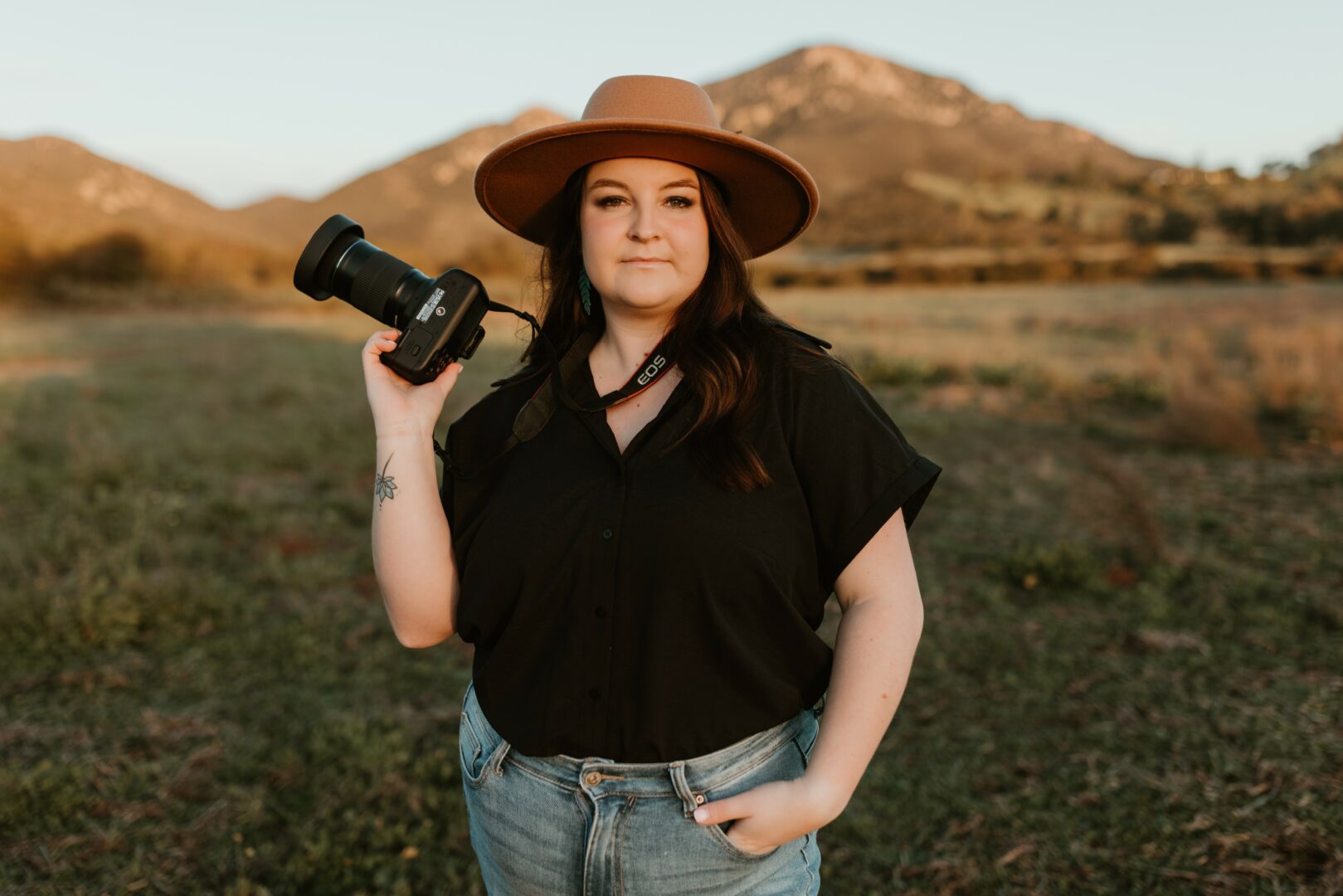“Good communication is as stimulating as black coffee, and just as hard to sleep after.” – Anne Morrow Lindbergh
Mastering communication is one of the most important building blocks for reaching your full potential. We are fortunate to have many brilliant communicators in our community and we asked some of them to share their lessons and advice below.
Erika Sellers

Growing up I have always been a talkative person. Public speaking has been installed into me as a kid. My family are very friendly people so I picked up on their skills to communicate fluently With others. As I got older, I developed a personality out of this world that draws people in to talk to me so naturally. People will often say that it felt like they have known me for years because of how well I can relate to their situations and personalities. Read more>>
Agnes Oteng

A mix of writing, speaking, interacting with others, visual, and digital literacy skills must be developed. I began honing my writing abilities as a young journalist by reading widely, writing frequently, and editing my work in spite of the difficulties I initially encountered. In a similar vein, the globally accepted standards and ethics for journalists have been crucial to my survival. Read more>>
Nuoyan Guan
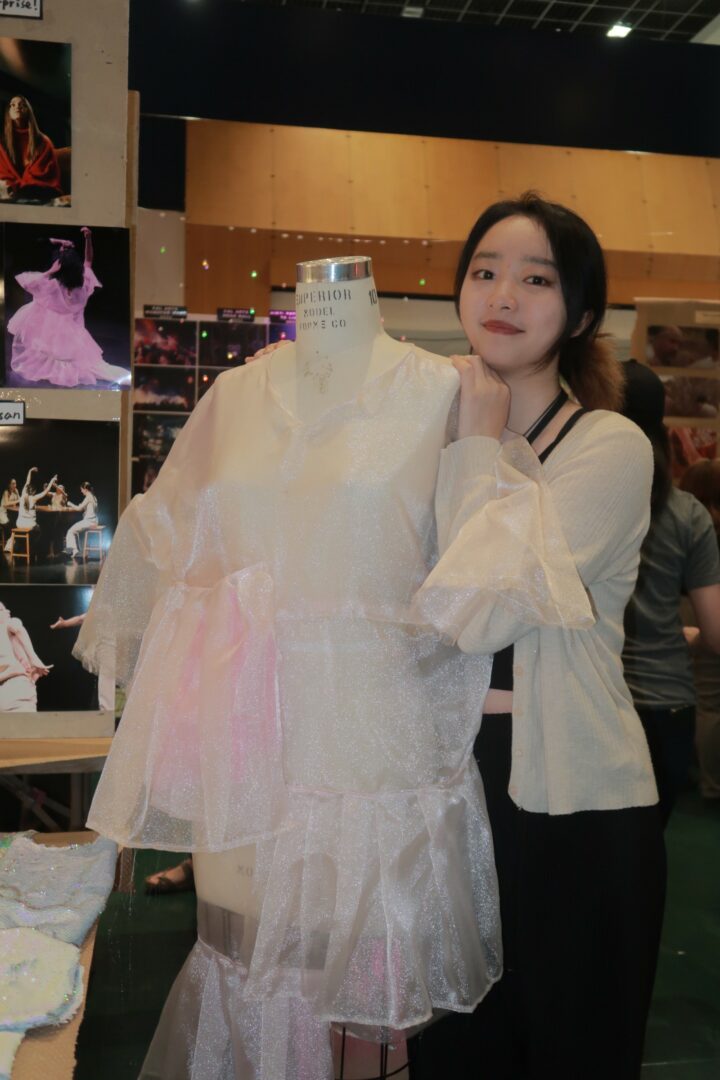
I initially worked as a fashion designer, where the focus was more on individual creativity and design. Now, as a costume designer, my job requires a lot more teamwork and collaboration. This shift in roles has demanded stronger communication skills from me. Read more>>
Heather Mcabee

The strongest way for me to communicate effectively has been to sort through, acknowledge and clear the lens or filter of my past experiences. When I am interacting with someone, I am going to hear and see only through my filter. If my filter is based on my past experiences and if those experiences are negative, I am going to hear and see the negative in the situation and communication. The reverse is also true. So when I am in communication and it is not going well, I pause, reflect, sort through my lens, and recognize what is actually true in THIS interaction and what is coming in from the past. Then I get a clearer picture of what is happening today. Read more>>
Pat

By manipulating and attempting to control the people I loved due to my own fear of abandonment until eventually I found myself completely isolated and alone. I was then forced to heal the pain that made me put the pressure I felt onto everyone else. Read more>>
Casey Kilroy
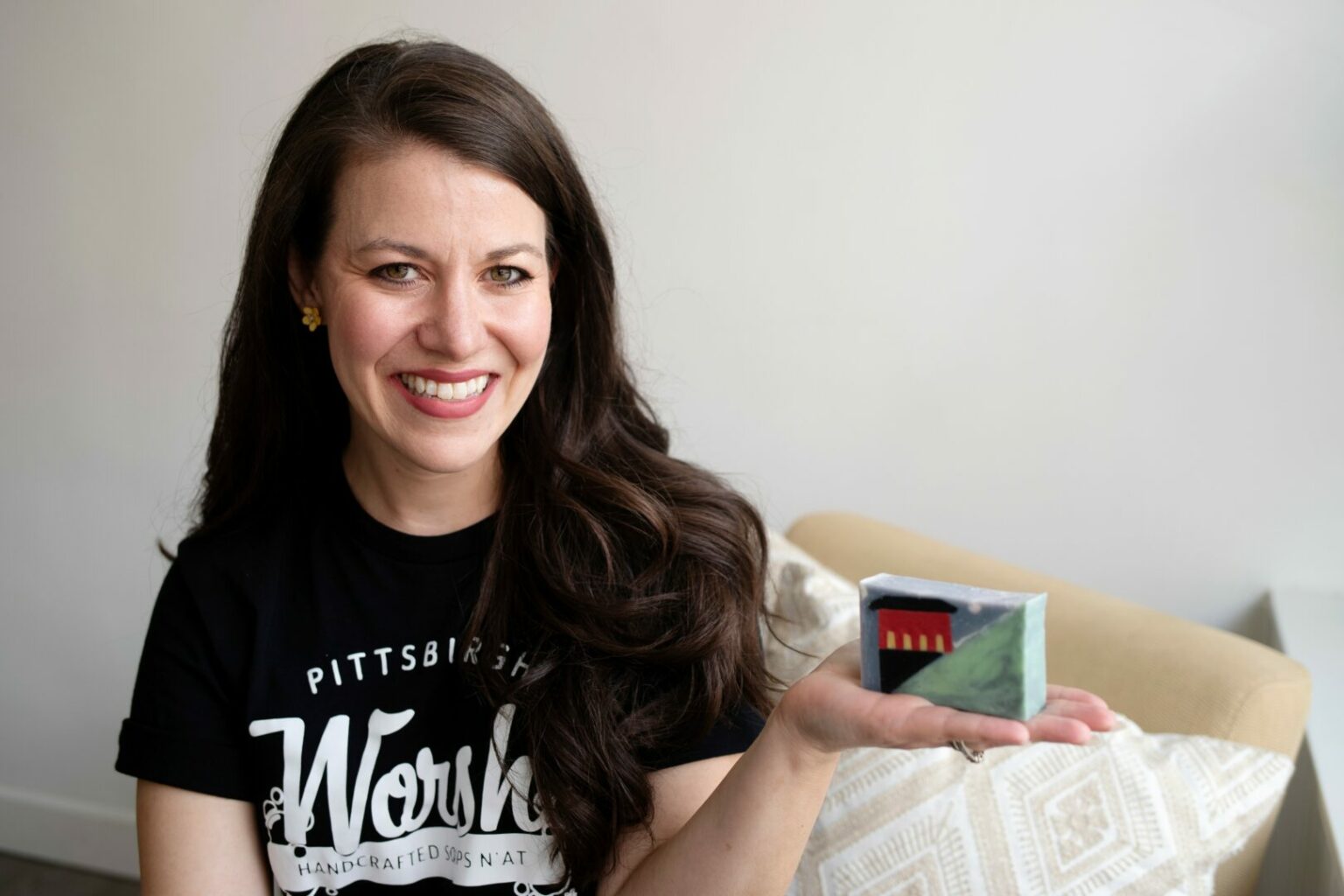
When I was in middle school, my Dad took a job with the Labor Union that represented him at his workplace. My world was surrounded by watching how he used his voice to fight for the rights of the people in the workplace, making sure they weren’t being taken advantage of by the boss. I immediately fell in love with the idea that I could use my voice to stand up for others too. Communication is key when advocating for your rights, and I learned the importance of building coalitions and working together with others in the process as well. Around this same time, I also fell in love with the performing arts – specifically musical theatre. Now I was starting to use my communication skills to embody a character and tell a story with not only my words, but through movement and music as well. I made both the world of Politics/the Labor Movement as well as the world of theatre a major part of my life for many years. Read more>>
Lindsey Leroy

I think the first step in communicating effectively is being a good listener. I believe people at their core just want to be heard, whether it’s talking about their goals, experiences, or opinions. One of my dear friends and former colleagues, who I also deem a major mentor, once told me that the way she learned in the PR industry was by simply sitting outside her boss’s office and listening. It really struck me and I took it upon myself to do the same at every opportunity. I feel like communication is a two way street, not only listening – and, more importantly, hearing what someone is saying – but also having the confidence to understand their perspective and provide your professional feedback and point of view, instead of repeating what you think they want to hear. Read more>>



